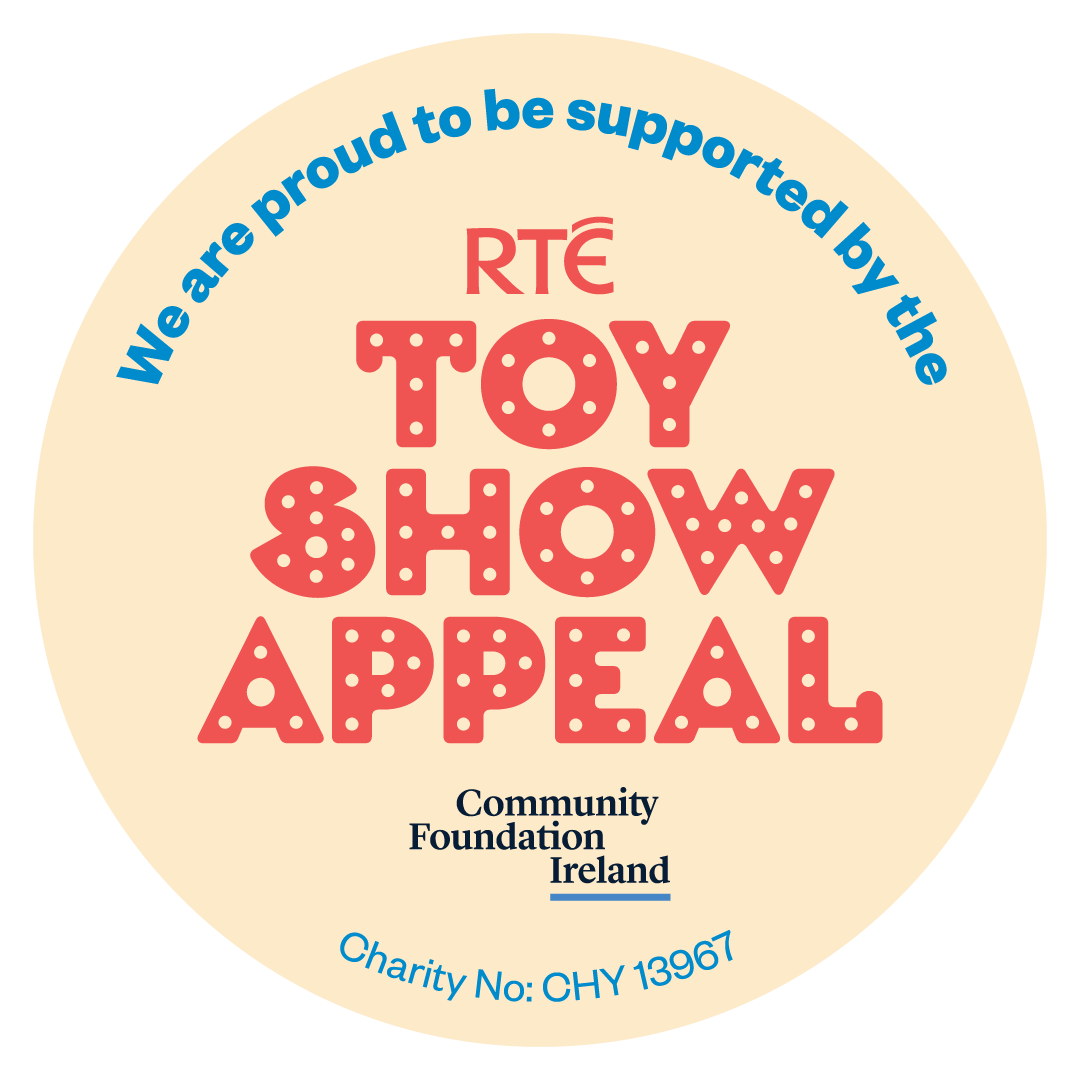Having evaluated and considered recommendations from the National Public Health Emergency Team (NPHET), the Government has signed off on the requirement for primary school children in third class and above to wear masks indoors and on public transport. They have also introduced this as a requirement (not legislative) for children in third class and above in primary schools. The measure is being introduced on a temporary basis and is subject to review in mid-February 2022, this will entail children wearing masks for hours at a time while in school.
Down Syndrome Ireland has always been guided by the recommendations of NPHET in our efforts to ensure that all of our members have been and continue to be protected from infection with the Covid-19 virus. While this continues to be our focus, we are aware that the requirements for mask-wearing would be difficult for some of our younger members and their parents. We hope that principals and teachers will respond with patience and understanding. Exemptions to the directive have been outlined by the Government but the implementation of these exemptions in schools requires further clarification. The current advice is that medical certification must be provided for the school on behalf of any pupil who claims that they are covered by the exemptions below:
- Difficulty breathing or other relevant medical conditions.
- Unable to remove the cloth face-covering or visor without assistance.
- Special needs and who may feel upset or very uncomfortable wearing the cloth face covering or visor, for example, pupils with intellectual or developmental disabilities, mental health conditions, sensory concerns or tactile sensitivity.
Schools will be best placed to identify those children whose complex needs are such that the wearing of face-covering may not be possible for them and to discuss this with parents as required. In such circumstances, a school may not require medical certification to provide an exemption to the wearing of face coverings. Guidelines have been issued to schools by both the Department of Education; and the Health Protection Surveillance Centre (HPSC).
- Guidance on the use of face coverings in primary schools.
- HSPC guidance on the use of face coverings in childcare and educational settings.
The mask is a way to help stop the spread of the coronavirus. Everyone is being asked to take steps to prevent spreading the virus from person to person. Physically distancing from others is one way to accomplish this. However, in schools, it is not possible to keep children apart from others. They will pass closely and interact with children in the classroom, playground, or when moving around the school. Masks are used mainly to prevent the person wearing the mask from generating droplets from breathing, coughing, sneezing, etc. It is these droplets that can carry a virus from one person to another. Even if someone does not appear sick, they could be infected with the virus and could then spread the virus to others. Children who are infected with the coronavirus often have a mild illness, or are completely asymptomatic, meaning they never have symptoms. However, they are still able to spread the virus.
We have developed an Information document on mask-wearing which will be useful for parents opting for their child to wear a mask or whose child may not have a medical exemption.

